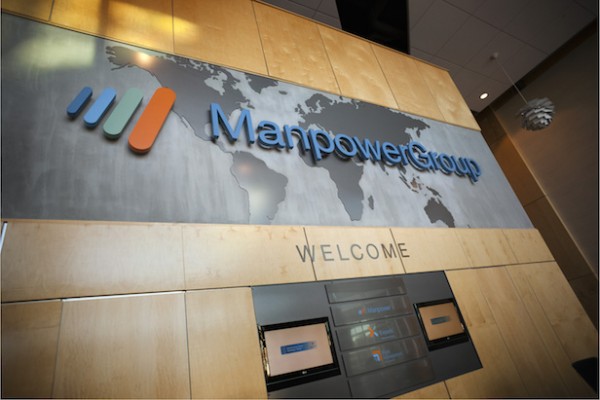
Engineering positions, including those related to IT, are among the hardest to fill in Singapore amid widespread restructuring and a tight labour market, a new survey has found.
According to ManpowerGroup’s 10th global talent shortage survey, employers here are also struggling to fill positions in accounting and finance, sales, marketing and public relations, among others. The survey polled 41,700 hiring managers worldwide, including 234 from Singapore.
Despite the hiring crunch, employers do not seem to be rushing to tackle the problem and stay ahead of the curve to find individuals to meet their business needs.
Linda Teo, country manager of ManpowerGroup Singapore, said: “Today, merely recruiting and placing candidates will not yield results. Employers need to encourage a learning culture among their employees and to get them to chart their own careers”.
Teo also called for employers to explore untapped talent pools, such as youth and older workers, and look to enhancing benefits to address the impact of talent shortages on businesses.
For one thing, the talent crunch has reduced the ability of 42 per cent of survey respondents to serve clients. Some 30 per cent also expect an increase in employee turnover and 26 per cent anticipate lower employee engagement and morale.
In the Asia-Pacific region, the lack of talent is also a concern in Hong Kong (65 per cent) and Taiwan (57 per cent). However, it is less of an issue for employers (24 per cent) in China, given the country’s large workforce.
While the lack of technical competencies was one of the top reasons for difficulties in filling positions, employers may not fully appreciate the disconnect between their performance demands and employee aspirations.
In a separate study by Right Management, a career management consultancy within ManpowerGroup, only one in 10 of employees define career success as high performance and productivity.
Further, 45 per cent of respondents rank work-life balance as their top career aspiration, and the top definition of workplace success is enjoyment and happiness.
Ms Teo said understanding employee career motivations and aspirations are key to creating a high performance culture that motivates individuals to do their best work.
“When people have ongoing career conversations with their managers, they experience effective career development and are more likely to be engaged, motivated and ready to take on new challenges,” she added.






